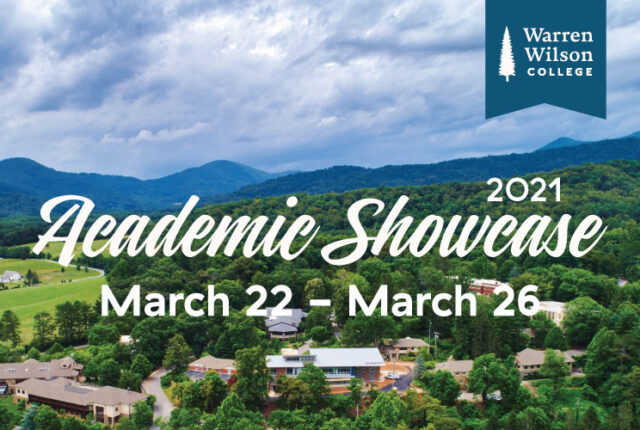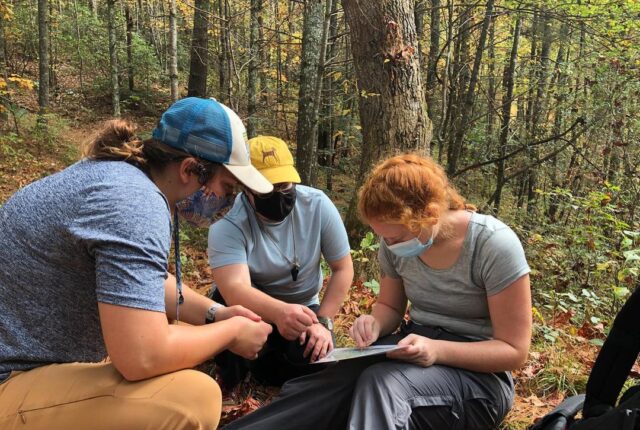A Week of Online Courses
March 22 – March 26, 2021
We are excited to invite all admitted, prospective students to join us for the 2021 Warren Wilson College Academic Showcase! This week of virtual classes is an opportunity for you to experience our unique, interactive approach to learning and gain a sense of how it feels to be in class at Warren Wilson.
Choose from course offerings (described below) available from every department on campus, which are running throughout every weekday from March 22 – 26.
How to Attend:
Check out the course listings and descriptions for more information on the available classes, and sign up using our registration form! We encourage you to sit in on any and all classes that pique your interest, but please sign-up for only those classes that you intend to attend.
Once your registration is complete, you’ll receive a confirmation email with meeting links to each of your courses, as well as any additional information needed for specific courses.
Privacy Agreement: By signing up to visit a virtual class at Warren Wilson College you agree that, 1) You will not share online course materials, including exams and other assessments, outside the class setting, and 2) You will uphold the privacy of other students enrolled in the course, not sharing personal information divulged by another student outside the virtual classroom, discussion, or forum setting.


